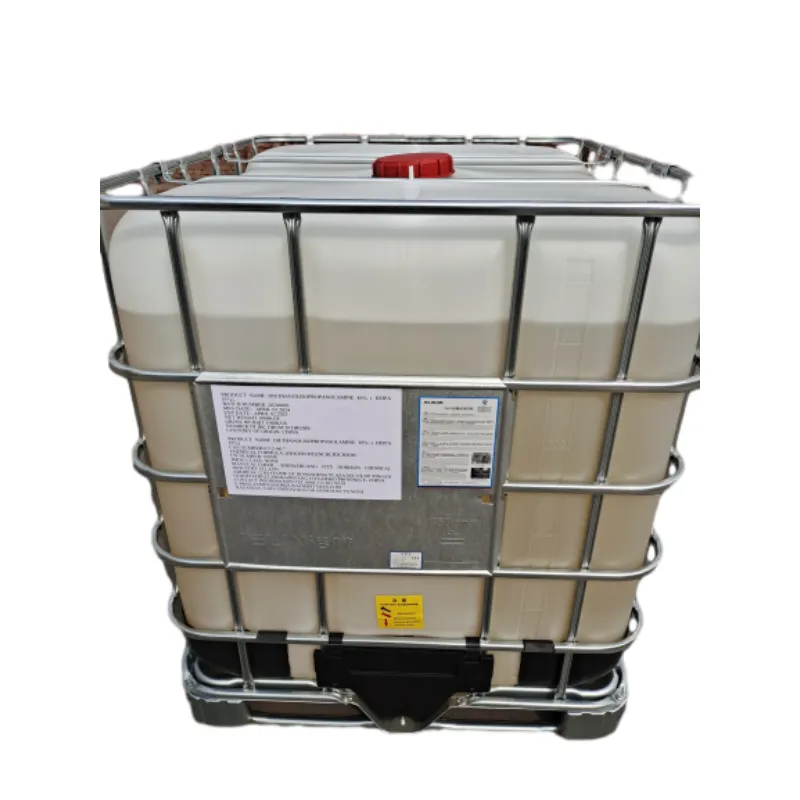
Understanding the Benefits of Magnesium Nitrate Fertilizer for Healthy Plant Growth
The Role of Magnesium Nitrate Fertilizer in Modern Agriculture
Magnesium nitrate fertilizer plays a crucial role in modern agriculture, providing essential nutrients that help crops grow healthier and more robust. As one of the vital elements required for plant growth, magnesium is a macronutrient that significantly influences crop yield and quality. In this article, we will explore the composition, benefits, application methods, and environmental considerations of magnesium nitrate fertilizer.
Composition and Properties
Magnesium nitrate is a chemical compound with the formula Mg(NO₃)₂. It is the magnesium salt of nitric acid and contains both magnesium and nitrogen—two essential nutrients for plants. This compound is usually found in the form of a crystalline substance and is highly soluble in water, making it an ideal choice for fertigation and other methods of agricultural application. The magnesium component aids in chlorophyll production and photosynthesis, while the nitrogen promotes vegetative growth by supporting protein synthesis in plants.
Benefits in Agriculture
The application of magnesium nitrate fertilizer offers several advantages to farmers and agricultural producers. One of the primary benefits lies in its ability to enhance plant growth and overall crop production. Magnesium facilitates the synthesis of chlorophyll, the pigment responsible for photosynthesis, which is vital for converting sunlight into energy. As a result, crops treated with magnesium nitrate often exhibit improved green color and vitality, leading to higher photosynthetic efficiency.
Additionally, the nitrogen content in magnesium nitrate contributes to robust growth and development, promoting the health of leaves, stems, and roots. This combination of magnesium and nitrogen ensures that plants receive a balanced nutrient supply, which is essential for optimal growth, particularly during critical development stages.
Application Methods
Magnesium nitrate fertilizer can be applied in various ways depending on the specific needs of the crops and the farming practices in place. Common application methods include
magnesium nitrate fertilizer

1. Fertigation This method involves integrating magnesium nitrate into irrigation systems, allowing farmers to deliver nutrients directly to the root zone of plants. Fertigation ensures uniform distribution and maximizes nutrient uptake, enhancing overall efficacy.
2. Foliar Application Spraying magnesium nitrate directly onto plant leaves can provide rapid absorption of nutrients during critical growth phases. This method can be particularly advantageous in addressing nutrient deficiencies quickly.
3. Soil Application As a granular fertilizer, magnesium nitrate can be spread over the soil before planting or during the growing season. This slow-release option allows for sustained nutrient availability to crops over time.
Environmental Considerations
While magnesium nitrate fertilizer offers numerous benefits, it is also essential to consider its environmental impact. Overuse or improper application can lead to nutrient runoff, which may contaminate water sources and contribute to algal blooms in aquatic ecosystems. To mitigate these risks, farmers should adhere to recommended application rates and practices, ensuring sustainable use of fertilizers.
Moreover, advancing technologies such as soil testing and precision agriculture can help optimize fertilizer application. By assessing soil nutrient levels and crop needs, farmers can apply magnesium nitrate effectively, reducing waste and minimizing potential environmental harm.
Conclusion
In conclusion, magnesium nitrate fertilizer serves as a vital input in modern agriculture, contributing to improved plant growth and increased crop yields. Its unique composition of magnesium and nitrogen supports critical processes such as photosynthesis and protein synthesis. By employing efficient application methods and adhering to sustainable practices, farmers can harness the full potential of magnesium nitrate while safeguarding the environment. As agriculture continues to evolve, the responsible use of fertilizers like magnesium nitrate will remain essential for meeting the food demands of the growing global population.
-
Why Glacial Acetic Acid Food Grade Is Essential in FlavorNewsMay.26,2025
-
Surging Export Growth of Food Additives in ChinaNewsMay.26,2025
-
How Ammonium Nitrate Fertilizer Boosts Crop YieldsNewsMay.26,2025
-
How 1,2,3-Benzotriazole Shields Plastics from UV DegradationNewsMay.26,2025
-
Cyanide in Gold Mining: Protecting People and the PlanetNewsMay.26,2025
-
Aluminum Hydroxide in Modern Sunscreen FormulationsNewsMay.26,2025
-
Understanding Synthetic Rubber OptionsNewsApr.27,2025
Hebei Tenger Chemical Technology Co., Ltd. focuses on the chemical industry and is committed to the export service of chemical raw materials.
-

view more DiethanolisopropanolamineIn the ever-growing field of chemical solutions, diethanolisopropanolamine (DEIPA) stands out as a versatile and important compound. Due to its unique chemical structure and properties, DEIPA is of interest to various industries including construction, personal care, and agriculture. -

view more TriisopropanolamineTriisopropanolamine (TIPA) alkanol amine substance, is a kind of alcohol amine compound with amino and alcohol hydroxyl, and because of its molecules contains both amino and hydroxyl. -

view more Tetramethyl Thiuram DisulfideTetramethyl thiuram disulfide, also known as TMTD, is a white to light-yellow powder with a distinct sulfur-like odor. It is soluble in organic solvents such as benzene, acetone, and ethyl acetate, making it highly versatile for use in different formulations. TMTD is known for its excellent vulcanization acceleration properties, which makes it a key ingredient in the production of rubber products. Additionally, it acts as an effective fungicide and bactericide, making it valuable in agricultural applications. Its high purity and stability ensure consistent performance, making it a preferred choice for manufacturers across various industries.











